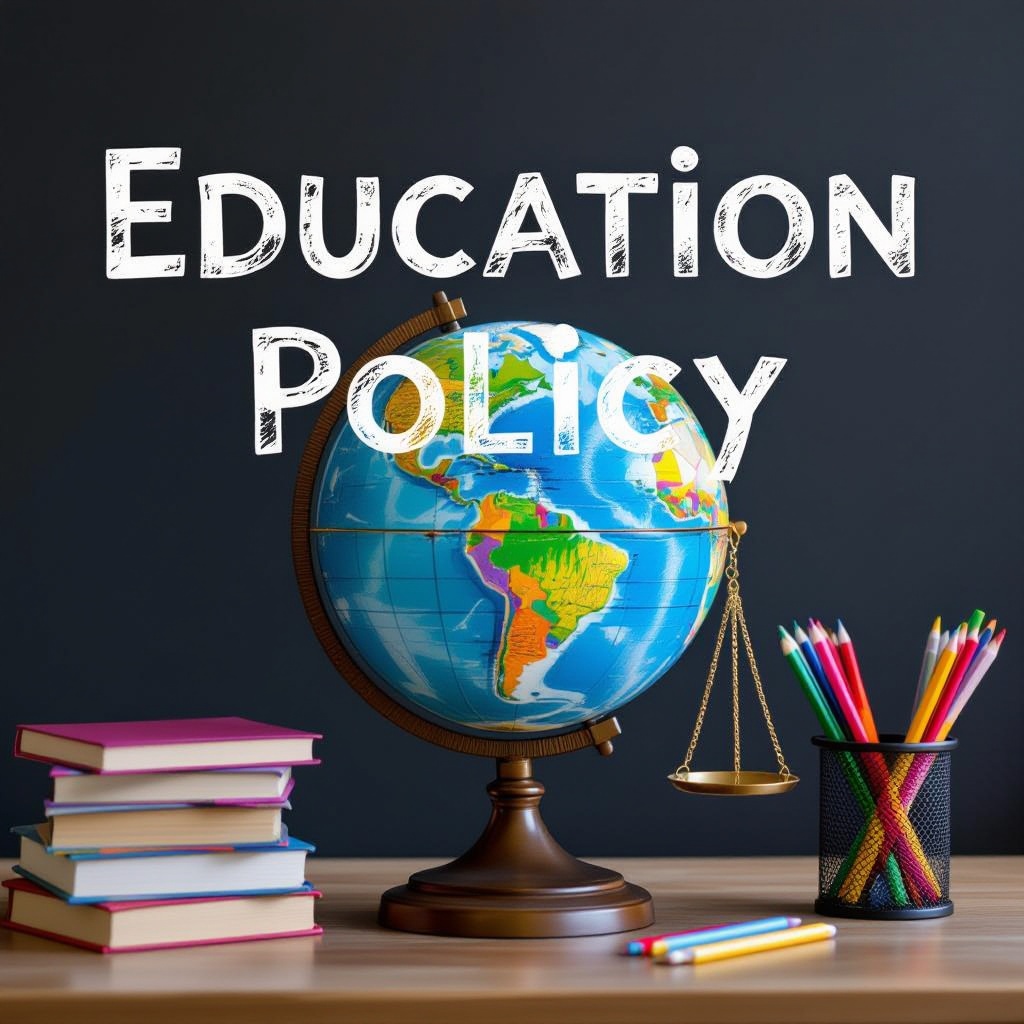Bahrain’s 2025 regulations for private schools aim to elevate educational quality and tighten accountability. These updates involve revamped licensing, financial checks, and curriculum standards. They strive for a superior educational setting while nurturing cultural harmony and economic strength.
Key Takeaways
-
Opening a private school now demands a minimum age of 25 and particular educational credentials in Bahrain.
-
Future financial regulations call for a minimum capital of BHD 50,000 and yearly audited financial reports to maintain transparency.
-
Curriculum standards require ministry-approved content aligned with national principles, including mandatory subjects like Arabic and Bahrain’s history.
-
New teacher recruitment policies focus on prioritizing Bahraini educators, boosting job security and supporting local employment.
-
Rigorous inspections will confirm that buildings adhere to safety and accessibility standards, highlighting a commitment to student well-being.
New Licensing Requirements for Private Schools in 2025
Starting a private school in Bahrain requires a license from the Ministry of Education. This compulsory authorization ensures quality education standards. For the individual looking to set up a school, there are several personal prerequisites:
- Must be at least 25 years old
- Hold a General Secondary School Certificate or equivalent
- Cannot be a government or educational institution employee
Financially, a minimum capital of BHD 50,000 is necessary. Bahrain offers a distinctive opportunity with 100% foreign ownership, a rarity in the GCC region [Gulf Times]. Licenses must be renewed every three years and are non-transferable without the ministry’s consent. If ownership needs passing down, heirs have to meet certain requirements to retain control. This framework ensures the continuity and integrity of educational entities. More details can be found on official education sites like Bahrain’s MOE.
Bahrain’s Growing Private Education Sector
Bahrain’s private education landscape is flourishing, marked by the approval of eight new private institutions in 2025. This includes a blend of schools, educational centers, and nurseries. This growth is driven by an increasing population and heightened parental interest in varied educational options. The Ministry of Education’s initiative to expedite licensing processes showcases its commitment to meet these nationwide needs efficiently.
Schools like Al Mawahib British Private School exemplify this bright period, embodying both quality education and innovative teaching practices. With the introduction of new secondary stage additions, Bahrain is increasing its educational capacity. This allows more students to access tailored curriculums that suit a broader range of learning preferences.
For families exploring educational choices, these new entrants offer opportunities to evaluate diverse curriculums ranging from international baccalaureates to tech-focused programs. It’s a chance for parents to align their children’s education with future-ready skills and global standards. You can learn more about international educational trends and standards from reliable sources like the International Baccalaureate Organization’s website.
This strategic expansion underscores not just a response to current demands but a forward-thinking outlook on education’s role in Bahrain’s future growth. For further insights into education and growth strategies, the Ministry of Education’s official portal serves as a valuable resource.

Ensuring Quality Education: Teacher Recruitment and Legislation
Proposed changes are set to elevate private school standards by prioritizing Bahraini teachers. The legislative move will transform former ministerial guidelines into enforceable laws. This policy shift encourages job security and stability, crucial for educators’ professional satisfaction. It’s part of a broader strategy to address graduate unemployment, bolstering both societal and economic structures in Bahrain.
The Shura Council and the Services Committee play vital roles in implementing these changes. By fostering an environment that values local educators, these bodies aim to create a sustainable future for Bahraini graduates. You’ll see a stronger educational system taking shape, not just improving job prospects but enriching the nation’s educational framework overall. For more insights into Bahrain’s education strategy, you might want to check out Bahrain’s Ministry of Education to stay informed.

Financial Oversight: Tuition and Fee Regulations
All tuition and training fees at private schools in Bahrain now require Ministry approval. Any changes to these fees need explicit consent, guaranteeing transparency for parents. Schools must deposit all revenues in a commercial bank account managed by the institution itself. This ensures funds are efficiently handled and trackable.
Additionally, an annual audited financial report is mandatory for all private schools, except nurseries. This step strengthens financial accountability, offering an open view of the institution’s fiscal health. This not only promotes integrity but also reassures parents that their investments in education are protected. For more insights on financial accountability in education, the Education Commission provides a comprehensive guide on maintaining transparency.

Academic Control: Curriculum and Student Welfare
Bahrain’s new regulations mandate private schools to follow a ministry-approved curriculum. This ensures teaching content aligns with national values. Schools must exclude any content that’s disruptive or harmful. It’s a significant step in maintaining educational standards and providing a consistent learning environment for all students source: Bahrain Ministry of Education.
Foreign schools aren’t exempt from these rules. They have an added responsibility to teach Arabic, Islamic culture, as well as Bahrain’s history and geography. This requirement fosters a sense of cultural unity and understanding, and importantly, schools can’t charge extra for this instruction. It reinforces the idea that every student, regardless of their school’s origin, receives an education grounded in the country’s heritage.
Discipline and student welfare are cornerstones of these changes. All schools now adhere to a standard set of rules outlined by Resolution No. 99/2017 for student discipline. This resolution provides a uniform grievance process and accessible support services for students. Key points of this standardized approach include:
- Uniform grievance procedures, allowing students and parents to address issues consistently.
- Accessible support services for student welfare, ensuring their physical and mental well-being.
- A clear code of conduct that all students must follow, fostering a safe and respectful learning environment.
These rules create a level playing field across private educational institutions. They offer both parents and students peace of mind, knowing they are part of a system that values consistency and integrity in education. For insights into Bahrain’s educational landscape, you might want to visit UNESCO for regional context.
Safety and Infrastructure Compliance
All private schools in Bahrain are now required to pass thorough site inspections to ensure safety and accessibility. These evaluations include building codes, fire safety, traffic access, and parking regulations, managed by the Private Education Directorate alongside municipal and civil authorities. This initiative demands that educational facilities align with high national standards to guarantee student welfare and safety. Schools must adhere to:
- Building codes to ensure structural integrity.
- Rigorous fire safety measures.
- Proper traffic access for smooth and secure arrival and departure.
- Adequate parking facilities
For detailed guidelines on fire safety standards, you can check the International Fire Code for more information. These regulations reflect a commitment to creating safe learning environments for all students.
Sources:
news of Bahrain – “Bahrain”
Tamimi & Co – “The Development of Bahrain’s Education System”
